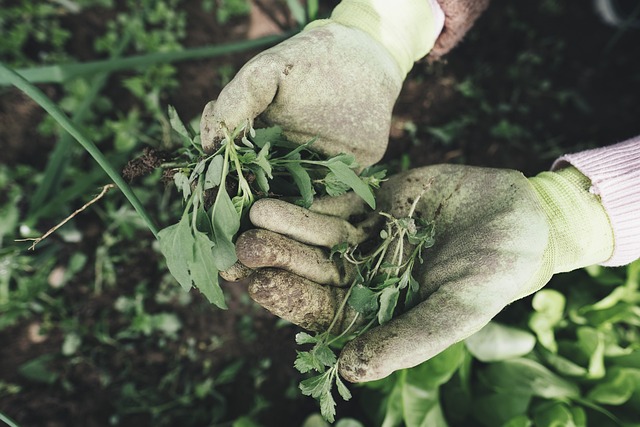Gardening, a pastime rooted in nurturing growth and maintaining the health of plants, has long been cherished for its aesthetic and practical rewards. Recent groundbreaking research from Edinburgh University has unveiled profound cognitive benefits associated with gardening, suggesting it may play a crucial role in promoting brain health and protecting against dementia in old age. This article explores the findings of this study and delves into how gardening can serve as a powerful tool for cognitive preservation.
Gardening and Cognitive Health: The Study
A comprehensive study conducted by psychologists at Edinburgh University tracked the lifestyles and brain health of hundreds of Scots over nearly a century. The study, published in the Journal of Environmental Psychology, concluded that gardening might contribute significantly to brain reserve, even in older age. The findings are promising, highlighting a new avenue for understanding lifestyle factors that may foster successful cognitive aging.
Key Findings:
- Mental Stimulation: Gardening involves complex cognitive processes such as memory, executive function, and problem-solving, which are crucial for maintaining cognitive health.
- Physical Activity: Activities like digging, planting, and weeding not only enhance hand strength but also promote overall physical health, which is intrinsically linked to brain health.
- Healthy Diet: Growing one’s own food encourages a healthier diet, another critical factor in brain health.
- Social Interaction: Community gardening fosters social connections, reducing loneliness and isolation, which are detrimental to cognitive health.
Detailed Examination of the Study
The Lothian Birth Cohorts formed the basis of this long-term survey of brain function. Participants, born around 1921 in Edinburgh, initially took an intelligence test at age eleven. They were subsequently tracked into old age, with repeated assessments of their cognitive abilities and lifestyle factors.
Statistics:
- Participants: 467 individuals were tested, with 30% having never gardened, while 44% continued to garden regularly into old age.
- Results: Those who engaged in gardening frequently or sometimes had better cognitive scores as elderly individuals compared to their childhood scores. Conversely, those who rarely or never gardened displayed a decline in cognitive performance.
Mechanisms Behind Gardening’s Cognitive Benefits
Physical and Mental Exercise
Gardening combines both physical activity and mental engagement. The physical exertion involved in gardening tasks such as digging and planting promotes cardiovascular health, which is closely tied to brain health. Mental tasks like planning garden layouts, learning about different plant species, and solving problems related to plant care stimulate various cognitive functions.
Social Interaction and Community Engagement
Community allotments provide a social platform for gardeners. These interactions are vital as social engagement has been shown to support cognitive function and reduce the risk of dementia. The communal aspect of gardening fosters a sense of belonging and purpose, which are essential for mental well-being.
Nutritional Benefits
Gardening often leads to the consumption of homegrown produce, which is typically fresher and more nutritious than store-bought alternatives. A diet rich in vegetables and fruits is known to support brain health, providing essential nutrients that aid cognitive function and reduce the risk of cognitive decline.
Practical Recommendations for Incorporating Gardening into Daily Life
- Start Small: Beginners can start with a small garden bed or a few pots of herbs and gradually expand as they become more comfortable.
- Join a Community Garden: Engaging with a community garden can provide social benefits and shared knowledge.
- Grow a Variety of Plants: Diversity in plant types can keep the gardening experience engaging and mentally stimulating.
- Regular Participation: Consistent involvement in gardening activities maximizes cognitive benefits.
- Educate Yourself: Learning about different plants and gardening techniques can enhance the mental stimulation derived from gardening.
Gardening is more than just a hobby; it is a multifaceted activity that promotes physical, mental, and social well-being. The research from Edinburgh University underscores the potential of gardening to serve as a protective factor against cognitive decline and dementia. By integrating gardening into our lifestyles, we can nurture not only our gardens but also our minds, fostering a healthier, more vibrant aging process.




